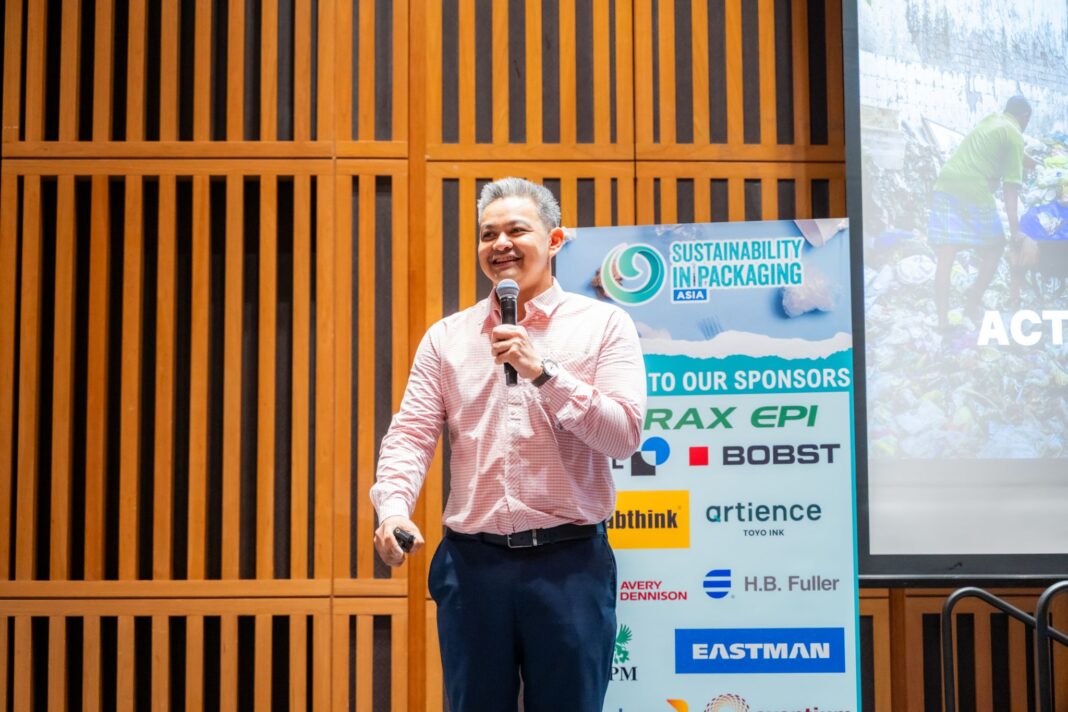A few years ago, international travel felt out of reach. The pandemic brought the tourism and hospitality industry to a halt, grounding flights and closing borders. Yet even in the face of these challenges, the industry found ways to adapt.
Hotels worked with local governments and organizations to house displaced Overseas Filipino Workers (OFWs) and seafarers. Food businesses pivoted to cloud kitchens, supplying meals to employees staying onsite—while carefully following health and safety protocols.
These efforts kept the industry moving, even at minimum capacity. And now, thanks to effective recovery efforts and government backing, Philippine tourism is gradually regaining its footing. The sector is once again playing a key role in the country’s economic activity.
Recent data reflects this recovery. In 2024, the Philippines recorded 5.95 million tourist arrivals—up 9.15% from 5.45 million in 2023. Foreign arrivals also increased to 5.44 million, marking an 8.7% growth. These are significant gains from the 2.65 million total arrivals logged in 2022.
Still, the way people travel today has shifted. Health and safety remain a major concern, along with political stability and convenience brought by digital services. Beyond these, travelers are looking for authentic and enriching experiences—something the Philippines can offer through its culture, heritage, and natural beauty.
Dr. Lora Lee French-Reboton, Dean of the School of Tourism and Hospitality Management at Mapúa University, noted that Filipino hospitality, culture, and English proficiency are key factors that appeal to visitors. She also emphasized the Department of Tourism’s themed promotions, such as “Love the Philippines,” for highlighting the country’s unique identity in the region.
Looking ahead, Dean Reboton said the tourism and hospitality sector is expected to grow steadily over the next five to ten years. Lessons from the pandemic have led businesses to become more responsive and intentional in their operations. However, continued growth depends on infrastructure improvements—such as better transport systems, larger airports, and integrated terminals that provide travelers with a more seamless journey.
Professionalism among tourism frontliners and better coordination between agencies are also crucial to ensuring a smooth and enjoyable visitor experience. Likewise, the industry needs more skilled professionals to meet growing demands and maintain service quality.
This is where education comes in. Mapúa University has introduced new BS Tourism Management and BS Hospitality Management programs to help prepare future industry leaders. These programs are designed to equip students with the right mix of technical skills, business knowledge, and values-driven leadership.
“Our graduates are trained to meet industry standards through exposure to practitioners, real work settings, and values such as discipline, integrity, and excellence,” Dean Reboton shared.
The programs combine academic theory with hands-on learning, supported by Mapúa’s partnerships with local and international organizations. Students study in an immersive environment at the new Mapúa campus located within Seda Hotel, Manila Bay—where they gain real-time experience using industry-standard equipment.
By staying aligned with industry needs and trends, Mapúa’s new tourism programs aim to produce graduates who are ready to contribute meaningfully to the country’s tourism sector.
To learn more, visit https://bit.ly/ask-us-at-mapua. To apply, go to admissions.mapua.edu.ph/portal.




